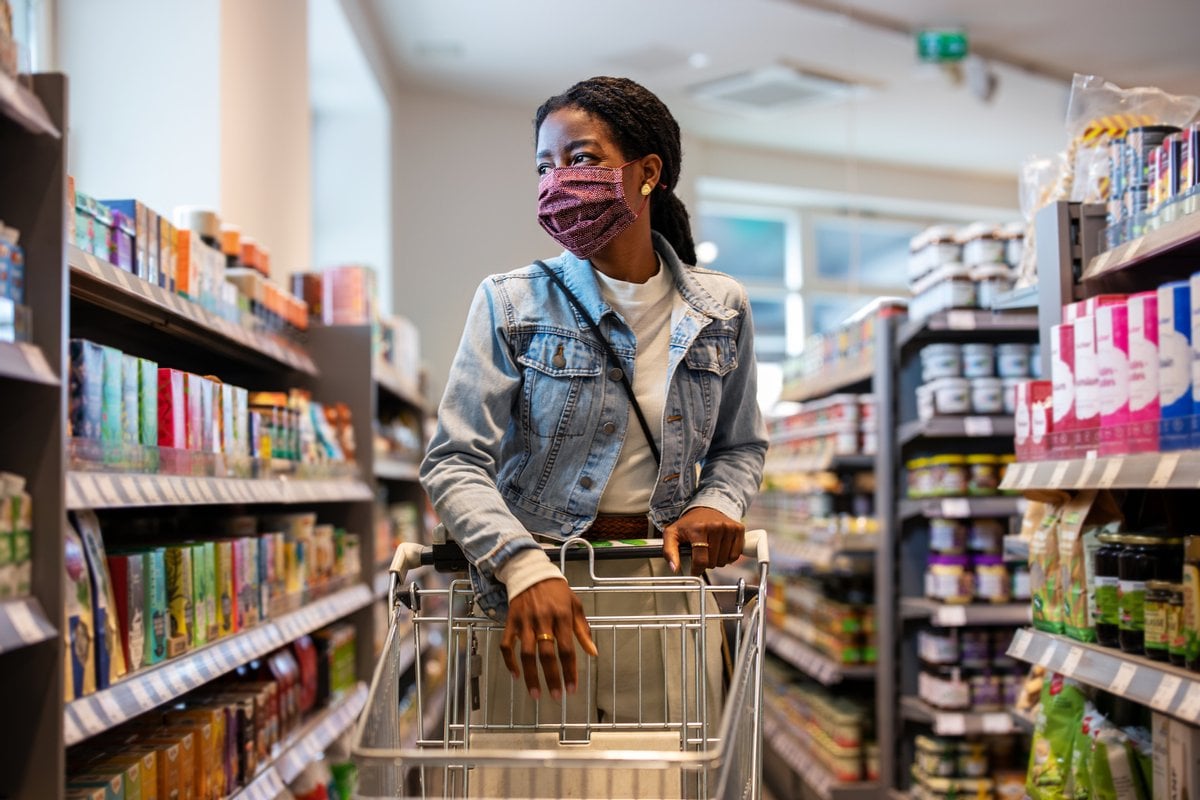
Clare Southerton, UNSW and Marianne Clark, UNSW
In countries like Australia where infection rates remain relatively low, contact tracing is a crucial defence in our fight against COVID-19.
We’ve seen this recently in Sydney, Brisbane and Perth, and now we’re seeing it in Melbourne as Victorian health authorities battle to contain the Holiday Inn outbreak.
The media can play an important role in sharing official information about new cases, potential exposure sites, and who needs to get tested and isolate.
But it’s important to distinguish between informing and shaming when it comes to sharing details of where people who have tested positive have been.
It’s about the language.
When the daily itineraries of positive cases are picked apart by journalists or on social media, it’s tempting to join in the fun. This could be driven by fear. It’s scary to think we could have been infected on a trip to the supermarket.
But what can seem like a harmless opportunity to vent or make a joke represents a kind of public shaming, and can actually cause harm.
In a recent case in which a Victorian hotel quarantine worker tested positive, Twitter users were quick to mock not only how many places the worker had visited, but also what the venues said about them.
The new case went to Dan Murphy’s twice, an Off Ya Tree and a cake shop - do they have Covid or the munchies?
— Kyran 🌈 (@kyranwheatley) February 7, 2021




























































































